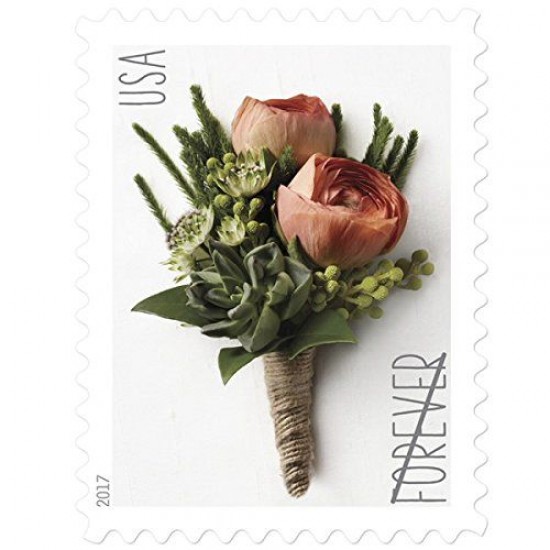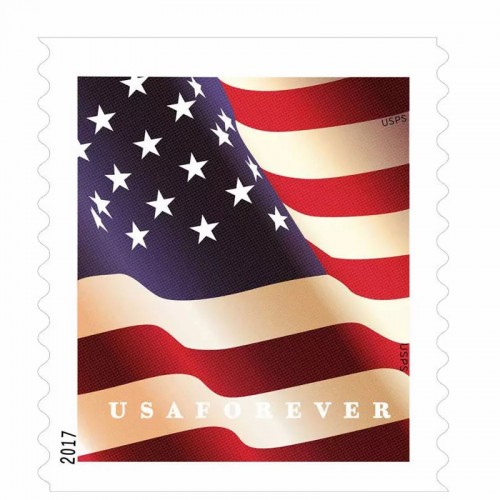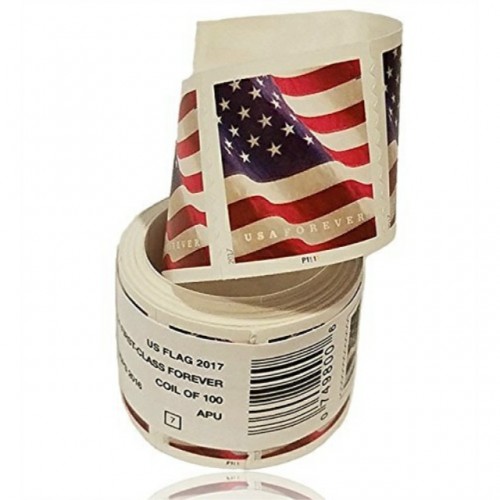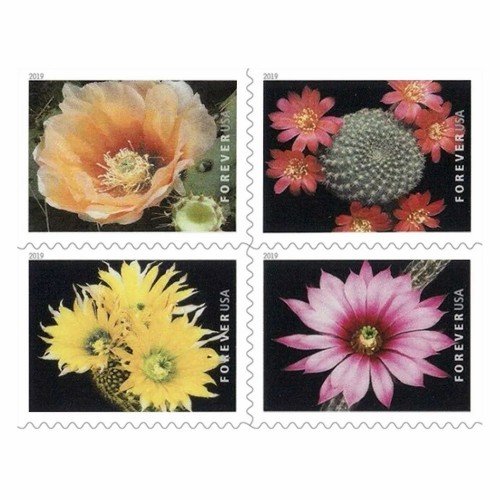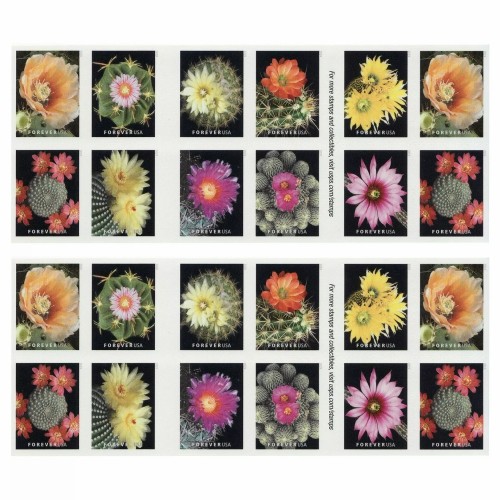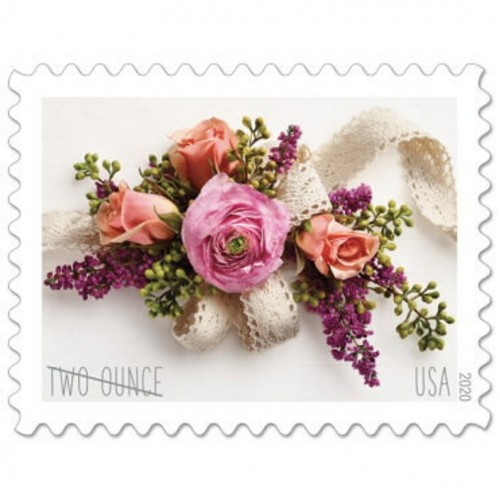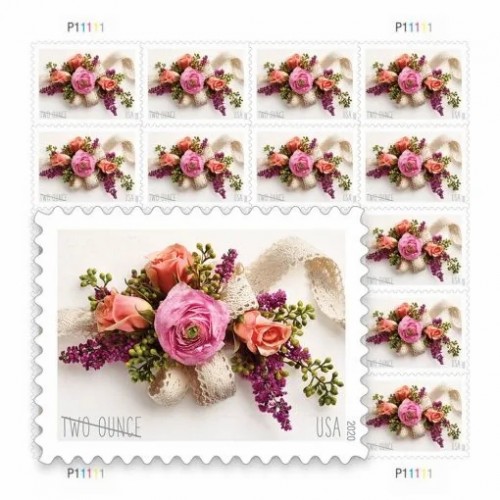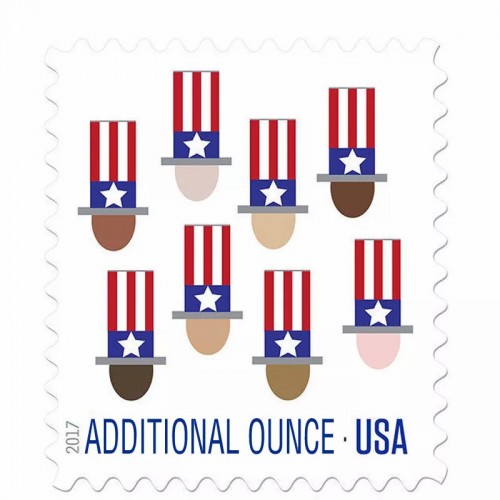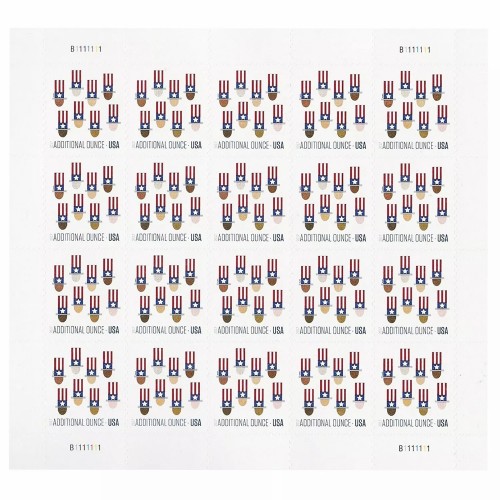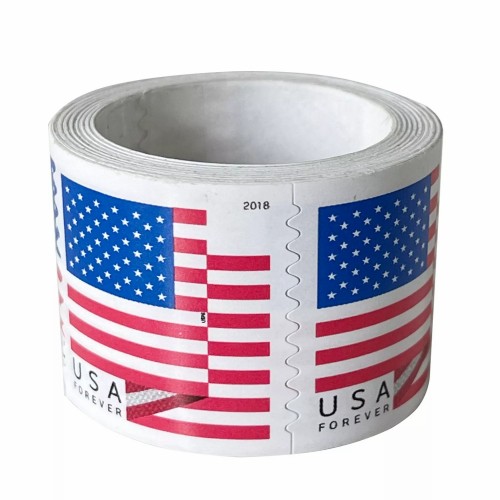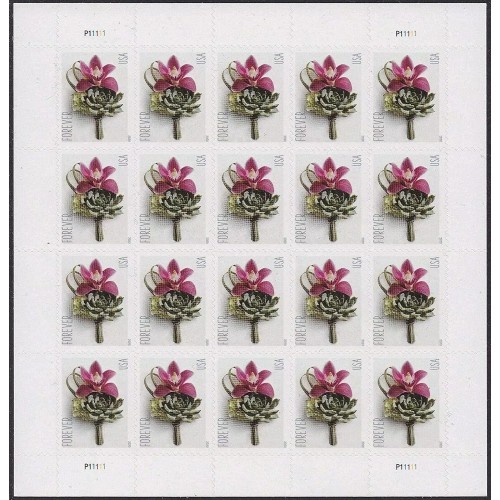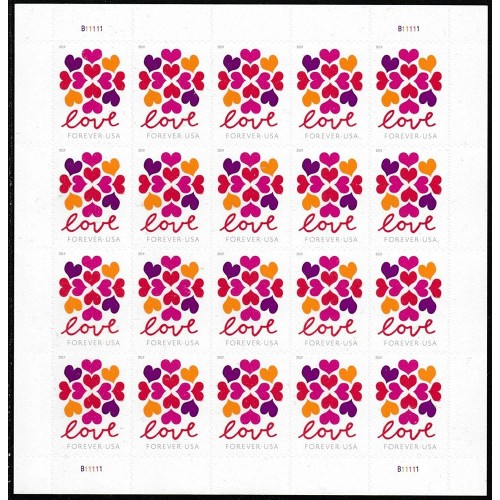Buttonhole flowers, or boutonnières, are traditionally donned for special celebrations. They add elegance to an everyday business suit and the finishing touch to a formal tuxedo.
Boutonnières first became popular in 19th century England. When Prince Albert and Queen Victoria married, she presented him with a small bouquet of flowers. As a gesture of appreciation and love, Prince Albert cut a hole in the lapel of his suit and placed a flower through it. After that, the prince ordered his tailor to cut similar holes in the rest of his jackets. Prince Albert’s popularity meant this fashion trend quickly caught on.
Now most modern suit jackets come with a buttonhole in the lapel and a small loop (about an inch down) sewn on the reverse side. The proper way to attach a boutonnière flower is by sliding the stem through the buttonhole and securing it with this loop. Traditionally, boutonnières should not be pinned to the lapel or consist of more than one flower. The most formal boutonnières feature a white or red carnation, blue cornflower or a gardenia. The flower should be freshly cut and not too big or small.
Whether worn for a wedding, holiday, or other celebration, boutonnières make sophisticated additions to any outfit and are the mark of a true gentleman.
- Value: 49c
- Issued: May 2, 2017
- First Day City: St. Louis, MO
- Type of Stamp: First Class Mail
- Printed by: Banknote Corporation of America
- Method: Offset
- Self-Adhesive
- Quantity Printed: 500,000,000

